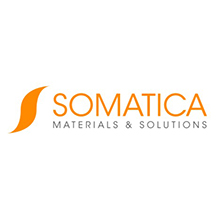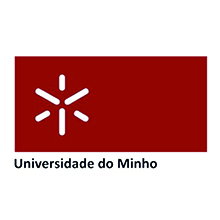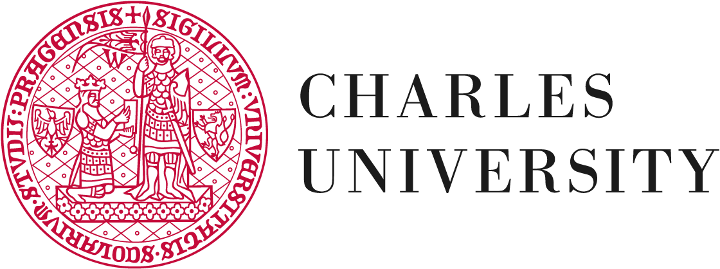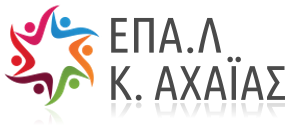Ikasia Techonlogies is a technology-based company who seeks the investigation and development on the 3D printing field.
The company has three main areas:
- The creation of high innovative materials for a layer per layer fabrication. These materials will be used in different sectors as biomedicine or special environments.
- A new additive manufacturing system who allows the accurate positioning of the reactive materials.
- Consultancy services related to developing and investigation of engineering projects, especially on fields of 3D, biomaterials and new materials.
Ikasia also is a UPV (Universitat Politècnica de València) Spin-off that will be in charge of the project’s technology transfer. The Centre for Biomaterials and Tissue Engineering (CBIT) from the UPV places their research results and their talented staff at the company’s disposal contributing to the creation of an innovative economic framework based on knowledge.
Ikasia Technologies has the exploitation rights over the patent P201230845. Also, the company has a 3D lab and participating contracts with UPV for new materials development. It should be noted that Ikasia Technologies has participated in the project team «Autologous Microspheres for Articular Cartilage Regeneration», finalist of the Idea2 Global 2016 program of MIT linQ of the Institute for Medical Engineering and Science of the Massachusetts Institute of Technology. Also Ikasia Technologies s.l. participated in the 10th World Biomaterial Congress in Montreal.
Although Ikasia’s main activity is producing knowledge and developing new composite materials to be launched to the market, the organisation also shows interest in the educative field, especially for inclusive education.
Finally, it should be pointed that Ikasia is a socially conscious company, including in the Article 2 of its statutes: “Encouraging the gender equality and the integration of people with fewer opportunities”. The employment of people with fewer opportunities is a priority for Ikasia.

The Centre for Biomaterials and Tissue Engineering (CBIT) is a key organisation for this project. I was created in 1999 by professors from the Department of Applied Thermodynamics and the Department of Applied Physics from UPV, and it was approved by the Government Board of the same university.
The CBIT activity is devoted to basic and applied research for the preparation, properties, life cycle and use of biomaterials, as well as for its development for specific applications and training researchers in this area. The activity of CBIT and its partners is devoted to the advance in knowledge about the combination of cell culture, material engineering and chemical and physical factors to regenerate tissues and regain their function after injury or pathology.
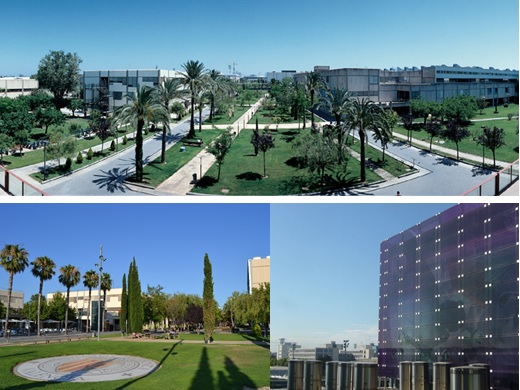
Somatica, Materials & Solutions is a technology-based company with a vast know-how in electroactive and smart materials, creating solutions to customer need and making consulting services in these areas.
Thanks to the support and experience of Physics Department of the University of Minho as well the expertise of Somatica´s management and sales force, we are well equipped to provide practical and time-sensitive solutions to the most complex situations.
We differentiate ourselves by committing with innovation and excellence in services and solutions. Professionalism, quality and customer satisfaction will always be a solid pillar of our values.
Somatica Materials & Solutions aims to achieve a level of excellence in the field of electroactive materials and solutions.
To make this vision come true, the company has the support of Centre of Physics of University of Minho where a constant and advance R&D is made in the area of these materials.
Founded in 1973, UMinho is nowadays one of the most important and prestigious HEIs in Portugal. It is renowned for the competence and quality of its faculty and for the level of excellence in research as well as the wide range of undergraduate and graduate courses offered and the remarkable degree of interaction with other institutions and the society in general.
Located in the north of Portugal, UMinho has a campus in the city of Braga and another in the city of Guimarães, which cover a student population of around 20.000, 40% of which are master or PhD students. The University has 1200 teaching and research staff and around 800 technical and administrative staff.
The University’s organisational structure is flexible and conducive to innovation and interdisciplinary, favouring the exploration of emerging research areas. All 11 Schools are quite comprehensive and are a reference for their academic and scientific quality at national and international level. UMinho education and research projects have gained strong international recognition and are supported by a close interaction with many other research centres worldwide. UMinho is a research university, committed to the valorisation of knowledge and also focused on the socio-economic environment, with many successful partnerships. The Times Higher Education 100 under 50 University Ranking 2015 ranked UMinho on the 64th position worldwide.
The University of Minho offers a wide range of courses corresponding to first, second and third cycles of studies leading to undergraduate (BA/BSc), graduate (MA/MSc) or doctorate (PhD) degrees.
Bachelor degrees (first cycle) have 180 or 240 ECTS, the equivalent to 3 or 4 years. Integrated masters programmes (courses that combine a bachelor with a master) have 300 or 360 ECTS, the equivalent to 5 or 6 years. Master programmes have 90 and 120 ECTS meaning one year and a half and two years, but some have 60 ECTS (1 year). PhD studies (third cycle) have 180 and 240 ECTS, meaning 3 and 4 years of study. All these cycles of studies can be attended on a part-time basis.
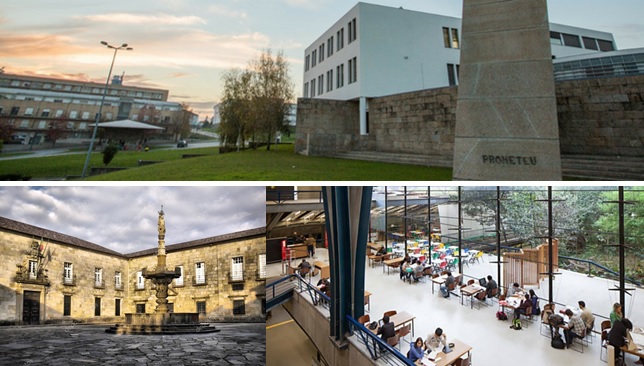
The University in Prague was founded by a charter issued on 7 April 1348 by Charles IV, King of Bohemia and King of the Romans, as the first Studium generale north of the Alps and east of Paris. Charles University is thus one of the oldest European universities. It was modelled on the universities in Bologna and Paris, and within a very short time it achieved international renown.
Charles University does not have one joint campus. The academic facilities occupy many locations throughout the city of Prague and three of the faculties are located in other cities (two of them in Hradec Králové, one in Pilsen). The historical main building from the 14th century called Carolinum is situated in the Old Town of Prague and constitutes the university’s center. It is the seat of the rector and of the Academic Senate of Charles university. Carolinum is also the venue for official academic ceremonies such as matriculations or graduations.
The Botanical Garden of Charles University, maintained by its Faculty of Science, is located in the New Town.
Among the four original faculties of Charles University were: the faculty of law, medicine, art (philosophy) and theology (now catholic theology). Today, Charles University consists of 17 faculties, based primarily in Prague, two houses in Hradec Králové and one in Plzeň.

1st Epagelmatiko Lykeio Kato Achaias has been active for more than 10 years in planning and implementing international projects for its students and educational staff. We have implemented with great success many types of projects in the frame of LLP and Erasmus+ programs. We have implemented Mobility (IVT-VETPRO), Partnerships, Transfer of Innovation, Comenius and Etwinning projects.
During this long-term period we have sent abroad more than 250 students and 25 teachers.
Except for sending people abroad we usually act as hosting organization for our partners who want to send students to Greece for a practical training period. We have hosted students from Austria, The Netherlands, Latvia, Norway and France. We organized both short-time seminars and long-term internships in local enterprises and institutions. In order to fulfil their educational and professional needs, we have established a wide network of companies and institutions where we can arrange short or longer placements for them, depending on their specific needs. The network of local institutions forms a Local Community of Practice (LCoP) that we use either for our students or the hosted ones.
During this long period we have been involved in international projects with great success. Some of our projects have received awards by the Greek National Agency and have been listed in Best Practices Guides that have been issued by the Greek National Agency. The project titled “Professional Skills Development in Europe” with code number 2013-1-GR-LEΟ01-14816 has been listed in the Best Practice Guide which has been co-issued by the Greek and Cypriot National Agencies as the best IVT Mobility Project for the total period of LLP Program 2007-2013.
The TOI project titled INPACT was funded by the EU from 2008-2010. It produced the infrastructure for the organization of three -week seminars in the seven partner countries for students from other European countries upon topics relevant to their field of study. Although funding finished in 2010, the structure is still alive. We have sent groups of students three times to attend courses in The Netherlands, Norway and Denmark. One of our mobility projects to attend such a seminar in The Netherlands received an award for the promotion of new methodology in VET and was listed in the Best Practices Guide issued by the Greek National Agency in 2011.
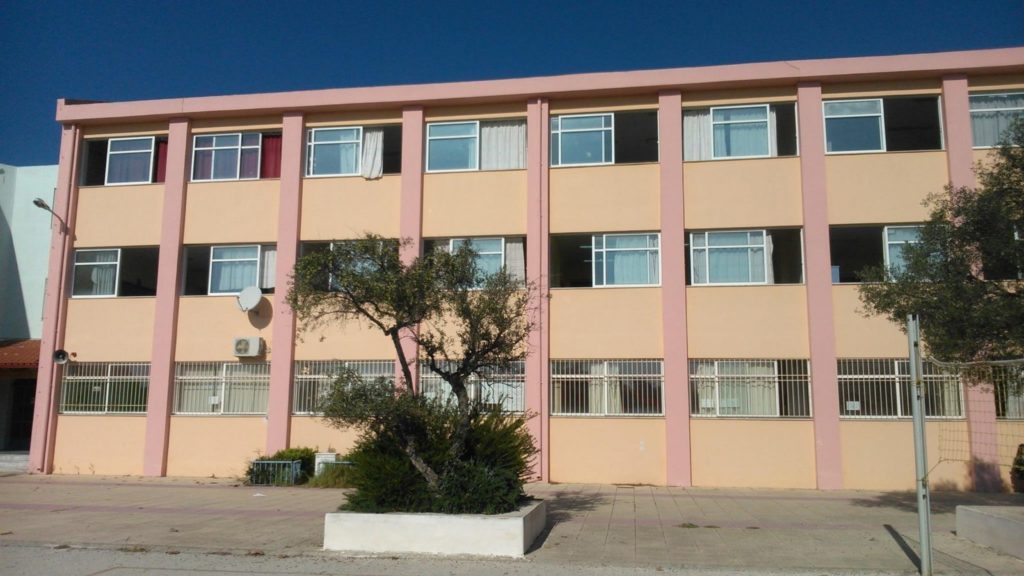
The TEI of Crete is a Public Higher Educational Institution, has been part of the Hellenic Tertiary Education since 1983, and is one of the 40 Higher Education establishments as of 2011. Its Mission includes Undergraduate Education consisting of 15 First Degree Courses, 6 Postgraduate Degrees, and Education & Research, directly contributing to regional and broader development, through lifelong learning, high profile technological and consultancy services to industry, and technology and knowledge transfer.
The TEI of Crete, with its more than 200 highly qualified permanent academic staff members, 200 part-time associated lecturers and c.150 fully adequate technical and clerical staff, provides high quality education (documented by all external evaluators) to c. 15,000 students. Education is delivered at the main campus in Heraklion and at 5 branches in all the other cities of Crete (Chania, Rethymnon, Aghios Nikolaos, Ierapetra and Siteia).
There are limitless opportunities for active student participation in Research and Development projects (the TEI of Crete has the top success rate and recognition in research among its peers), for student exchanges with over 150 foreign universities and for paid work at the TEI laboratories.




